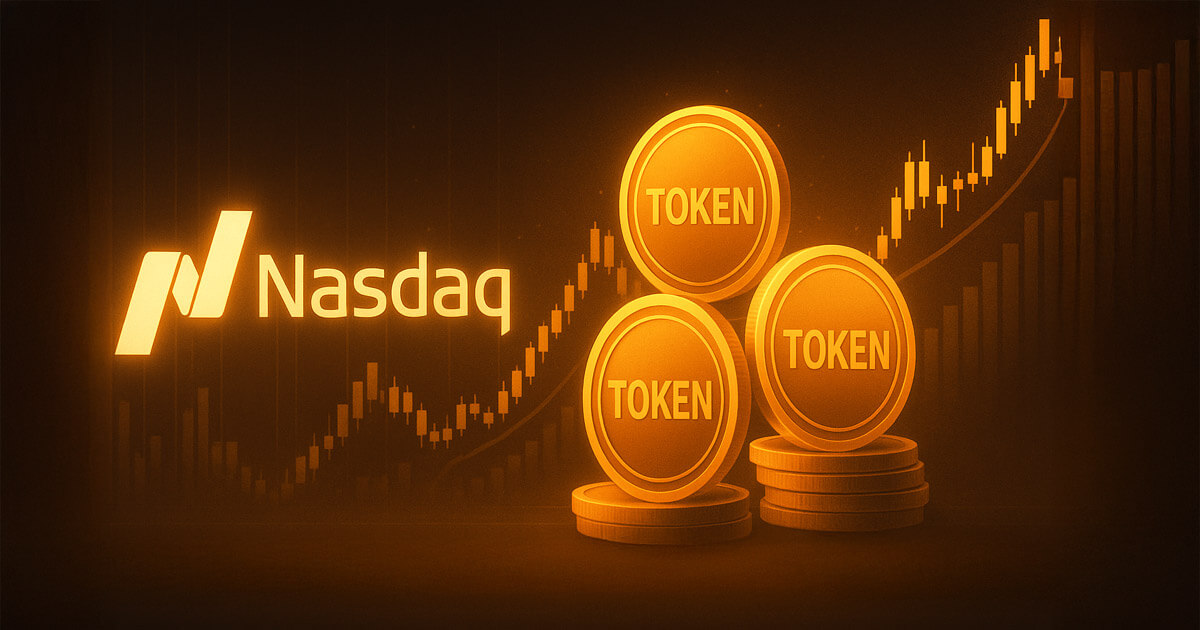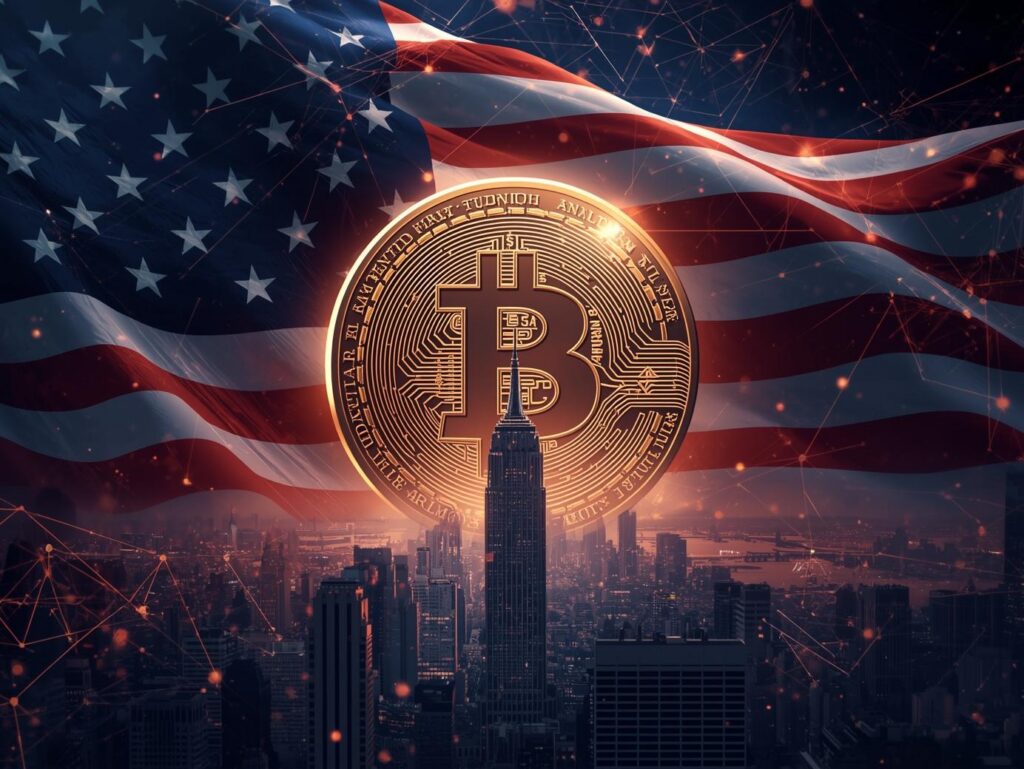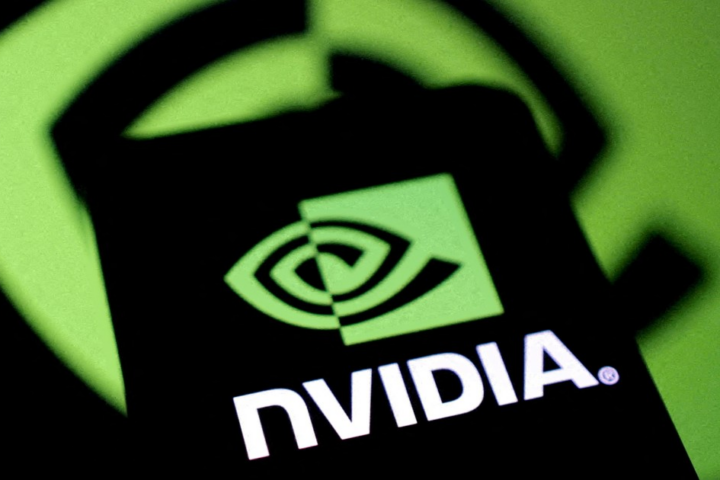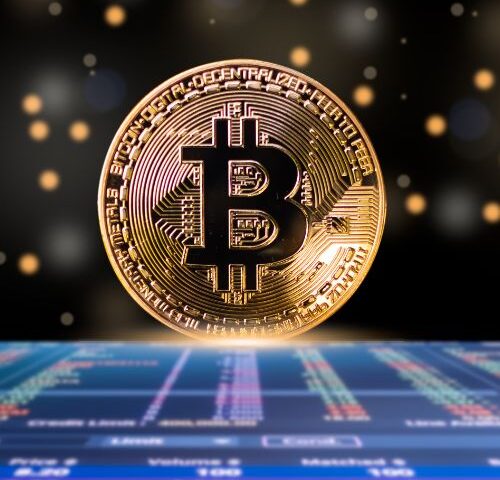Nasdaq, one of the world’s most recognized stock exchanges, has officially filed with the U.S. Securities and Exchange Commission (SEC) to allow trading of tokenized securities. This move, which comes at a time when blockchain adoption is reshaping financial markets, has sparked global attention. If approved, it could pave the way for a new era of investing where traditional stocks and tokenized assets are listed side by side.
But what exactly are tokenized securities, why is Nasdaq taking this step now, and what does it mean for investors and regulators? Let’s break down everything you need to know.
What Are Tokenized Securities?
Tokenized securities are traditional financial assets such as stocks, bonds, or real estate interests that are converted into digital tokens on a blockchain. Each token represents ownership in the underlying asset, but trading takes place in a digital ecosystem.
Unlike cryptocurrencies such as Bitcoin or Ethereum, tokenized securities are regulated investment products tied directly to real-world value. This makes them attractive to institutions looking for efficiency without losing compliance.
Details of Nasdaq’s SEC Proposal
According to filings reported by Reuters, Nasdaq is seeking regulatory approval to launch tokenized securities trading on its main exchange.
The proposal suggests:
- Listing of tokenized versions of publicly traded stocks.
- Integration with existing trading infrastructure to ensure investor protection.
- A hybrid system where traditional brokers and digital wallets could coexist.
If approved, this would mark one of the first instances of a major U.S. exchange bridging traditional equities with blockchain-based assets.
Why Now? The Global Context
Nasdaq’s timing is not accidental. Several factors are driving this decision:
- Institutional Demand: Global investors are increasingly exploring blockchain-based products.
- Efficiency: Tokenized securities promise faster settlement times compared to traditional T+2 systems.
- Competition: With European and Asian markets experimenting with tokenization, Nasdaq is moving to stay ahead.
- Regulatory Clarity: The SEC has recently signaled more openness to digital asset structures, paving the way for innovation.
Benefits for Investors
If the SEC approves Nasdaq’s proposal, investors could experience:
- 24/7 Trading Access: Tokenized assets can be traded beyond standard market hours.
- Fractional Ownership: Investors can buy smaller portions of expensive stocks, improving accessibility.
- Global Reach: Digital platforms make it easier for cross-border investors to participate.
- Increased Liquidity: Tokenized markets could unlock liquidity in traditionally illiquid asset classes.
Risks & Challenges
Despite the excitement, there are significant risks:
- Regulatory Uncertainty: The SEC and other regulators still need to define rules clearly.
- Technology Risks: Cybersecurity and blockchain integrity remain concerns.
- Market Volatility: As with all innovations, early markets can be highly volatile.
- Adoption Curve: It may take years before institutional investors and retail traders adopt tokenized securities at scale.
The Bigger Picture: Future of Markets
Tokenization is not just about Nasdaq. It signals a larger transformation in finance, sometimes called Banking 2.0, where assets from equities to real estate could be digitized and traded globally.
Other exchanges in Europe and Asia have already started pilot projects. If Nasdaq succeeds, it will accelerate the adoption of tokenization worldwide, potentially reducing settlement costs and opening financial markets to billions of new participants.
For a deeper dive into how tokenization is reshaping financial markets, see our guide to blockchain in finance .
Nasdaq’s SEC proposal to trade tokenized securities is more than just a headline — it’s a sign of how quickly financial markets are evolving. For investors, this could mean new opportunities, new risks, and a future where digital and traditional finance blend seamlessly.
The coming months will be crucial as regulators review the filing. Whether tokenized securities become a core part of mainstream investing will depend on how well Nasdaq can balance innovation with compliance.
Follow DF Media for the latest insights on digital finance, innovation, and the future of money.







